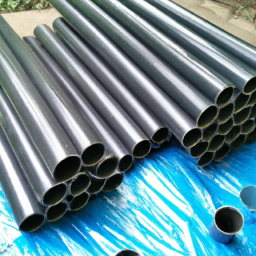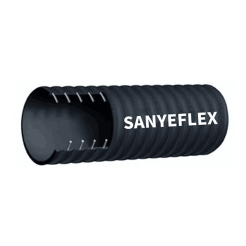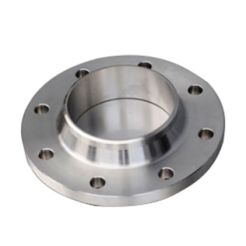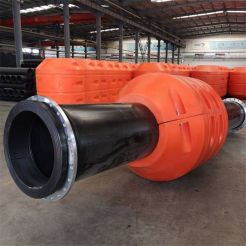difference between pvc and hdpe
Product Description: The Difference Between PVC and HDPE.
Product Description
Valor Pipe are exported all over the world and different industries with quality first. Our belief is to provide our customers with more and better high value-added products. Let's create a better future together.
Product Description: The Difference Between PVC and HDPE.
Title: PVC vs. HDPE: Unveiling the Distinctive Features for Exceptional Performance.
Subtitle 1: Enhanced Durability and Versatility.
Discover the remarkable dissimilarities between PVC (Polyvinyl Chloride) and HDPE (High-Density Polyethylene), two leading materials in the realm of industrial applications. This comprehensive guide unveils the distinctive features and benefits of each, empowering you to make an informed decision for your specific needs.
Subtitle 2: PVC - Unmatched Resilience for Unparalleled Applications.
When it comes to resilience, PVC stands tall with a steadfast promise to withstand the test of time. Boasting exceptional strength and durability, PVC offers unparalleled chemical resistance and robust electrical insulation. Its inherent flame retardancy ensures enhanced safety and peace of mind in various industries, making it an ideal choice for electrical wire insulation, plumbing systems, medical tubing, and more.
Subtitle 3: HDPE - A Triumph of Flexibility and Environmental Stewardship.
HDPE, on the other hand, shines as an exemplary choice for applications requiring maximum flexibility and environmental consciousness. Renowned for its remarkable strength-to-density ratio, HDPE effortlessly adapts to varying pressure conditions without compromising performance. Its exceptional resistance to UV rays and harsh weather conditions make it an excellent choice for outdoor furniture, pipes, and even long-lasting bottle caps, reducing environmental impact through effective recycling.
Subtitle 4: Unveiling the Benefits:
1. Unrivaled Strength: Both PVC and HDPE offer commendable strength, but PVC's rigidity ensures unparalleled stability, while HDPE's flexibility absorbs shocks and vibrations, adding reliability where it matters most.
2. Chemical Resistance: Choose PVC for excellent resistance against corrosive substances, chemicals, acids, and alcohols, ensuring unparalleled longevity and reliability in challenging environments.
3. Environmental Friendliness: Opt for HDPE if environmental sustainability is a priority. HDPE is fully recyclable and boasts a long lifespan, reducing waste and promoting a greener future.
4. Safety Assurance: PVC's inherent flame retardancy provides optimal safety, especially in electrical applications. HDPE's impact resistance minimizes the risk of injury, protecting both equipment and personnel.
Subtitle 5: Empowering You with the Right Choice.
Whether you require robust stability, flexibility, resistance to corrosive elements, or environmental consciousness, understanding the difference between PVC and HDPE is paramount. By assessing your needs and noting the intrinsic benefits of each material, you can make an informed decision that aligns perfectly with your unique requirements.
Subtitle 6: Conclusion.
In conclusion, PVC and HDPE offer distinctive features and benefits that cater to various industries and applications. While PVC dominates with its exceptional resilience and chemical resistance, HDPE triumphs in flexibility and environmental stewardship. By understanding these differences, you can confidently select the most suitable material for your project, ensuring longevity, performance, and satisfaction.
Embrace the difference, choose excellence, and redefine the standards of your applications with PVC or HDPE today!
For more information, please visit our website.
If you are looking for more details, kindly visit pvc hdpe difference.






